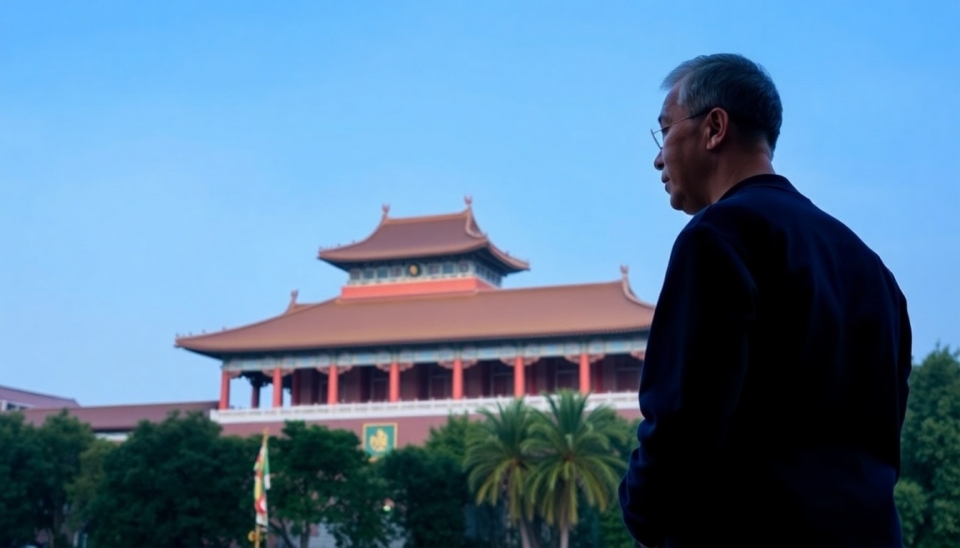
The automobile sector in China is going through the worst financial crisis ever, as car dealerships across the country stare at a total loss of almost US$20 billion this year. That is an astronomical figure and a strong blow to an industry that was just trying to recover from the residual effects of the COVID-19 pandemic, disrupted supply chains, and the slowdown in general economic growth.
Analysts have attributed the financial woes to various different factors, which combined to accelerate the crisis. First and foremost, consumer demand has declined greatly. Chinese consumers are thought to be getting increasingly prudent in spending due to economic uncertainty, as reflected in sluggish vehicle sales. What's worse, too many car dealerships have been carrying high inventory and heavy operational costs, which exacerbated the situation and increased the financial burden on the businesses.
According to market experts, this is because the competitive pricing pressure has also tightened further. Still, to drive up sales, many dealers have cut down their prices and offered liberal discounts, increasing further deterioration of their margins. The increase in electric vehicles has further triggered the competition wherein the conventional internal combustion engine cars are failing to keep pace with consumer interest in greener alternatives. Moreover, the encouragement of EVs with subsidies and incentives by the Chinese government has also entangled traditional car dealers in failing to catch up with the dramatic change in market demand.
Local and regional dealerships bear the effect of this momentum even more. Unlike their larger, well-established groups in the automotive sector, their small counterparts do not have adequate financial cushions to keep them going for an extended period of poor sales. Most of these small players are now considering closure or mergers as a way of survival. This financial turmoil is starting to have a trickling effect: job uncertainty for dealership workers and a trickling impact on other sectors, such as auto-parts suppliers.
The change in consumer buying habits acts as one catalyst for this financial mess. Nowadays, more and more buyers go online to purchase their vehicles instead of setting foot in a brick-and-mortar dealership. This has been an added stress to the dealers that have not adapted well to electronic commerce models. Furthermore, carmakers increasingly adopt direct-to-consumer sales channels at the expense of dealership networks.
The accumulation of these challenges has therefore seen the industry leadership start to demand mitigating measures. Government intervention is now being called for, with appeals for financial aid, tax relief, and policies to stimulate consumer demand. There is a realization in the industry, too, that long-term survival may depend upon broader structural reforms. Dealing with digital transformation, diversification of revenue streams, and accelerating transitions into infrastructures friendly to EVs-all this can prove to be quite critical for the survival of a dealership in the future market landscape.
The current situation reflects a grim view of China's automotive retail sector. As dealerships go through this turbulent period, the overall economic ramifications could be far-reaching. Analysts have warned that if distress lingers in the sector, the impact could reach the broader economic stability of China because of the key role played by the industry in employment and regional economies.
In other words, car dealerships in China are facing record losses. The perfect storm--reduced spending by consumers, pressurised pricing, and market shift towards EVs--has brought financial issues altogether. No doubt, strategic adaptation, digital innovation, and probably strong governmental support are inevitable to get back on track.
#China #CarDealerships #AutomotiveIndustry #EconomicLosses #ConsumerDemand #ElectricVehicles #GovernmentSupport #DigitalTransformation #MarketShift
Author: John Miller




